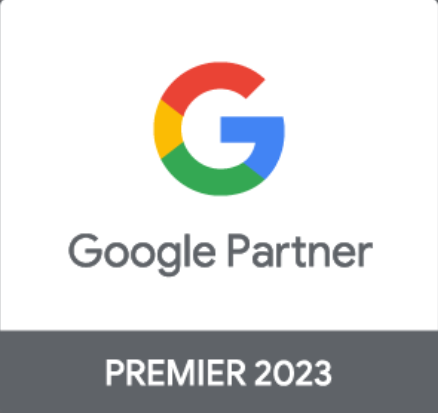“Have you noticed something peculiar lately?” John asked, his brows furrowed as he sipped his coffee.
“Every time we discuss something, I see ads for it almost instantly on my phone. It's as if they are listening to us." Sarah nodded, her expression mirroring John's concern.
"I know, it's quite odd. I think it has something to do with those third-party cookies everyone keeps talking about.”
Tired of those incessant cookie pop-ups on every website, John and Sarah started reading up on third-party cookies. They found out that they are soon to become a thing of the past. The phasing out of third-party cookies is not just a minor tweak in the digital world; it's a shift that will affect how businesses operate online. As they dug deeper, John and Sarah discovered some intriguing insights.
First-Party Vs Third-Party Cookies
To grasp the impact, it's crucial to differentiate between first-party and third-party cookies. First-party data, collected directly from user interactions like purchases and registrations, enhances user experience by personalizing interactions and remembering preferences. In contrast, third-party cookies, such as those from Meta and Google, track user behavior across websites for targeted advertising.

The Impact of Third-Party Cookie Deprecation
Deprecation of third-party cookies will reshape how brands collect and utilize user data. Previously, these cookies enabled personalized retargeting across platforms.
However, with increasing consumer awareness about data privacy and security—spurred by new regulations and actions from browsers like Firefox and Chrome, as well as Apple’s iOS—there has been growing public resistance to cookie tracking.
.png?width=1920&height=1080&name=Linkedin%20(7).png) This shift in consumer sentiment has accelerated the move away from third-party cookies, which will reduce the effectiveness of dynamic remarketing campaigns. As a result, brands will need to explore alternative strategies to engage customers.
This shift in consumer sentiment has accelerated the move away from third-party cookies, which will reduce the effectiveness of dynamic remarketing campaigns. As a result, brands will need to explore alternative strategies to engage customers.
Upon deprecation, strategies such as running cart abandonment ads on social media will be less effective, ultimately reducing the efficiency of dynamic remarketing campaigns.
Therefore, marketers need to personalize their marketing efforts in a privacy-conscious digital landscape.
Adapting to a Privacy Focused Landscape
Meta and Google offer powerful alternatives such as Meta’s Conversions API (CAPI) and Google’s Enhanced Conversions. These solutions enable direct server-to-server data sharing, bypassing the need for traditional cookies. By allowing data to be sent directly from servers, these technologies ensure user privacy while still enabling crucial data transfer.

Optimized Strategies for Capturing First-Party Data
While promising tools like CAPI have limitations, especially for new or unidentified users. This underscores the need for robust first-party data strategies, utilizing every touchpoint to gather and integrate customer data effectively. E-commerce must prioritize first-party data collection, leveraging Customer Data Platforms (CDPs) to consolidate data from all sources. This approach ensures a holistic customer view and facilitates dynamic remarketing.
Meta’s Conversions API (CAPI) is a robust tool that enhances your marketing efforts by creating a direct, server-side connection between your website and the Meta platform.
.png?width=1920&height=1080&name=Linkedin%20(8).png) While you may already use the Meta Pixel to connect your website data to your ads, CAPI offers a more reliable solution. Unlike the Pixel, which operates on the client's browser and can be limited by ad-blockers, cookie permissions, and privacy settings, CAPI is installed server-side to minimize data loss.
While you may already use the Meta Pixel to connect your website data to your ads, CAPI offers a more reliable solution. Unlike the Pixel, which operates on the client's browser and can be limited by ad-blockers, cookie permissions, and privacy settings, CAPI is installed server-side to minimize data loss.
This direct integration ensures a stronger connection, helping you better track, measure, and optimize your Facebook ads for improved performance. By combining CAPI with the Meta Pixel, you can leverage a comprehensive strategy to maximize your ad effectiveness.
Conclusion
As the era of third-party cookies comes to a close, brands must adapt by strengthening their first-party data strategies. By leveraging new technologies and integrating comprehensive data tools, companies can not only comply with evolving privacy standards but also enhance their marketing effectiveness. This shift presents an opportunity for brands to build more personalized and trust-based relationships with their customers, ensuring long-term success in a privacy-conscious world.





-1.png)






